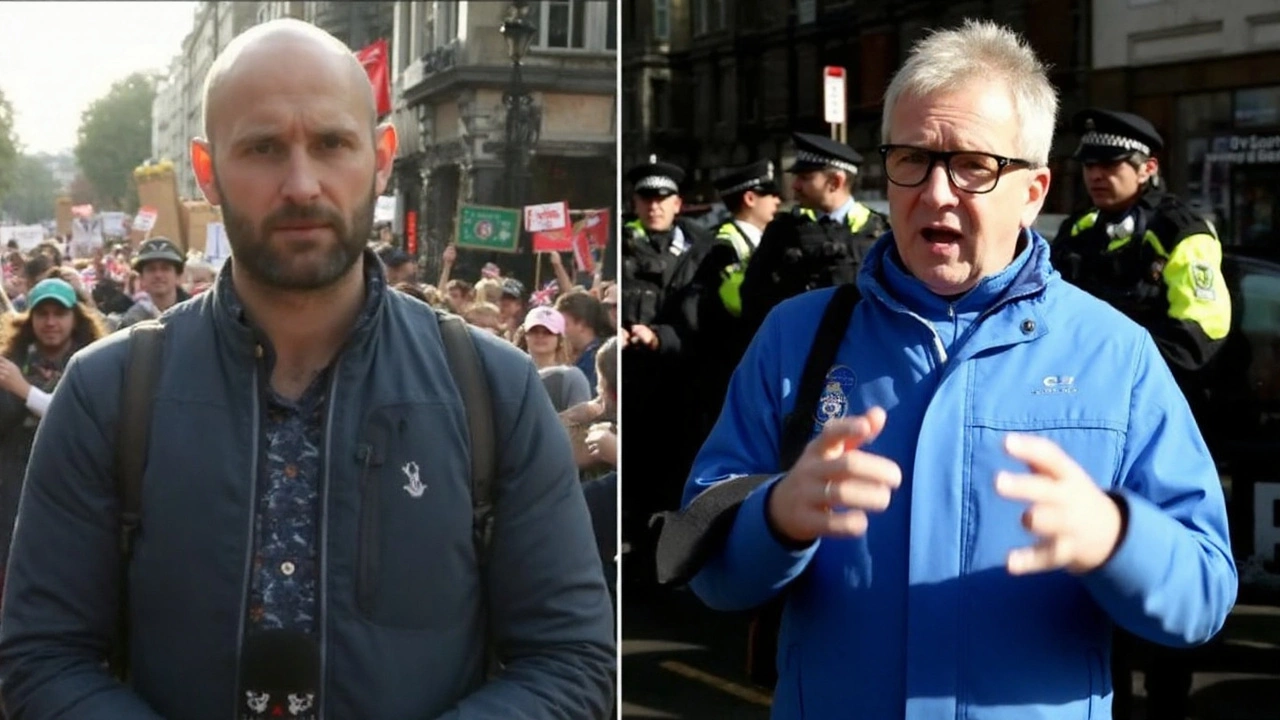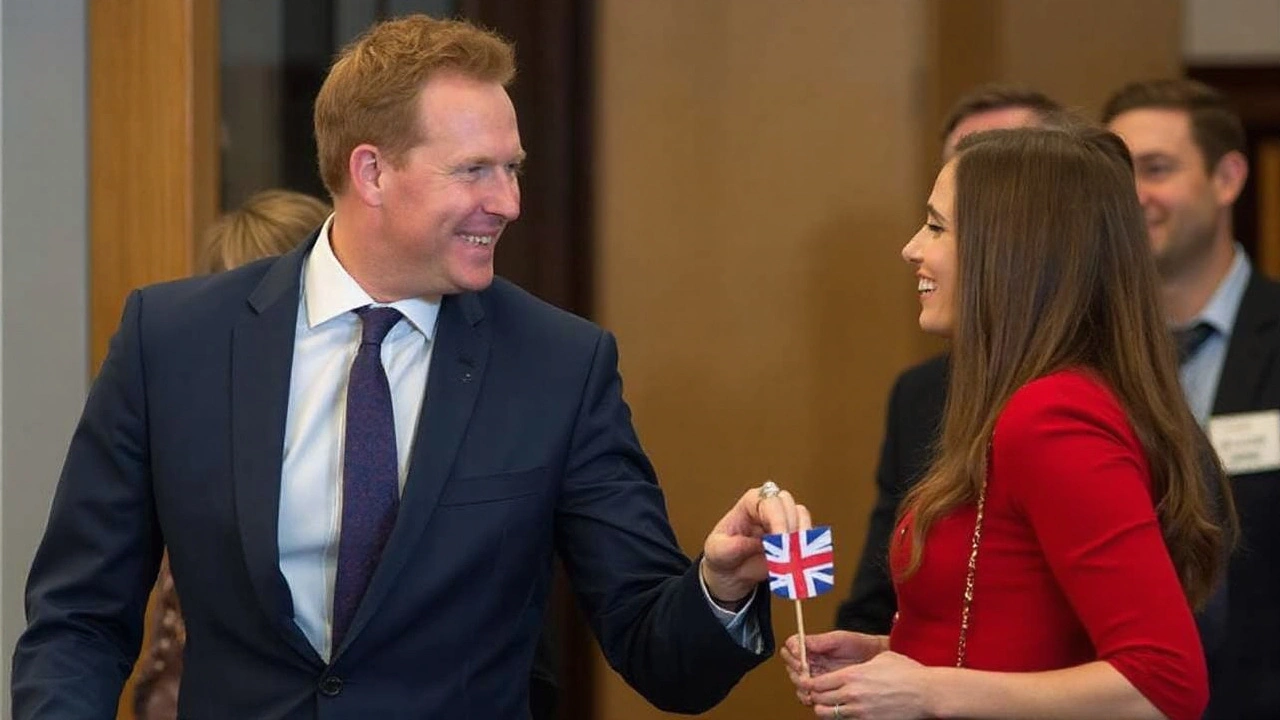Latest UK Politics News – Protests, Scandals and What It Means
Looking for a quick rundown of what’s shaking UK politics right now? You’re in the right place. We’ll break down the biggest headlines – a huge far‑right rally in London and the shock resignation of Deputy Prime Minister Angela Rayner – and explain why they matter to you.
London Protest: Far‑Right Rally Swells to Hundreds of Thousands
On a chilly London morning, a group called “Unite the Kingdom” gathered in the streets. Led by the controversial Tommy Robinson, the march attracted somewhere between 110,000 and 150,000 people. The crowd stretched for blocks around central London, flashing banners and chanting slogans that many found inflammatory.
Police say the rally turned aggressive. Officers reported “significant aggression” from marchers, and 26 police officers were injured – four of them seriously. At the same time, about 5,000 counter‑protesters gathered near Whitehall, demanding a peaceful response and calling out hate speech.
The Metropolitan Police made nine arrests and tried to keep the two groups apart. The size of the rally sparked a debate about how the UK handles extremist gatherings. Some argue the police were too soft, while others warn that a heavy‑handed approach could push people further underground.
What does this mean for the far‑right movement? The turnout shows there is still a sizable base willing to hit the streets, but the violent clashes also risk alienating moderate supporters. Future events will likely be watched closely by both law‑enforcement and political leaders.
Angela Rayner Resignation and Stamp Duty Fallout
Just a few weeks later, the political scene was rocked by a different kind of scandal. Angela Rayner, the Deputy Prime Minister and Housing Secretary, stepped down after an ITV investigation revealed she under‑paid about £40,000 in stamp duty on a flat she bought in Hove for £800,000.
The under‑payment raised immediate questions about the ministerial code and the Labour government’s handling of tax rules. Critics say the case shows a double standard – that politicians think they’re above the rules that ordinary voters face.
Keir Starmer now faces a delicate balancing act. He must keep his cabinet stable, reassure voters that Labour takes ethics seriously, and decide whether to push forward with any new property‑tax proposals. The stamp‑duty issue could become a talking point for opponents in the next election.
For ordinary citizens, the story highlights how personal finance rules apply to everyone, even those in the highest offices. It also serves as a reminder to check property transactions carefully and seek professional advice.
What should you watch next? Keep an eye on how the police handle future far‑right demonstrations and whether new legislation tightens protest‑law enforcement. On the political side, watch for Starmer’s response to the Rayner scandal – will he tighten internal checks or push ahead with his policy agenda? Both stories are still unfolding, and they’ll shape the next few months of UK politics.

One of the UK's largest far-right rallies in years drew 110,000–150,000 to central London as police reported 'significant aggression.' The Tommy Robinson-led 'Unite the Kingdom' march clashed with officers, leaving 26 injured, including four seriously. About 5,000 counter-protesters gathered at Whitehall. Police made nine arrests and worked to keep rival groups apart.

Angela Rayner quit as Deputy PM and Housing Secretary after admitting a £40,000 stamp duty underpayment on an £800,000 Hove flat. The timing is brutal for Labour, which is weighing property tax rises. The case raises questions about vetting, the ministerial code, and Keir Starmer’s grip on ethics and messaging. He must steady his team, reset housing policy, and rebuild trust fast.





